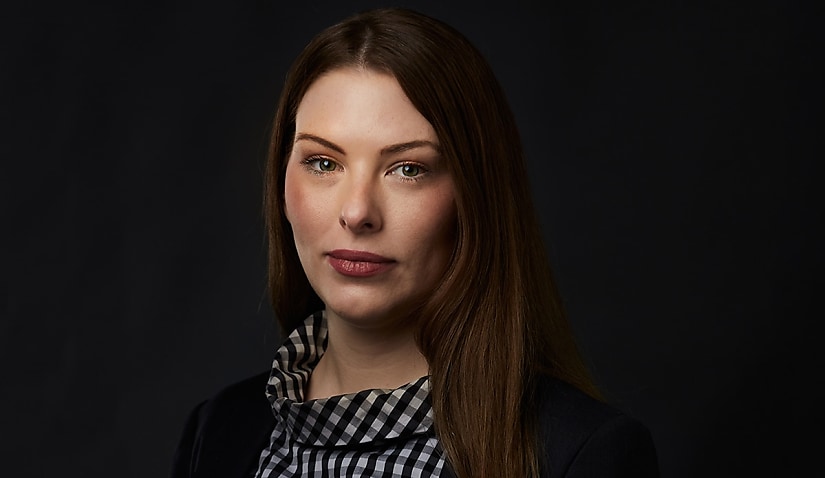Destigmatising grief in law
“I feel a sense of duty to normalise the conversation,” says this barrister after reflecting on the trauma of unexplained stillbirth.

Melbourne-based Rhiannon Malone recently joined The Lawyers Weekly Show to share her journey of returning to the legal industry after experiencing infant loss.
After an “entirely uneventful” pregnancy and what should have been the happiest day of her life, Ms Malone had to undergo “the worst experience [she’s] ever gone through”.
The unexpected stillbirth of her son left her entire family, her obstetrician and, above all, herself in indescribable shock.
“As legal professionals, we’re Type-A personalities, we’re perfectionists, we’re high achievers. So for me, I felt like a failure. I felt that it was my fault that my son died, that I should have known better, that I should have done something differently,” she explained.
“From a personal perspective, I felt like a failure as a woman and as a mother. In terms of the broader implications, it was an enormous trauma to suffer.”
Ms Malone fell into the category of unexplained and inconclusive, which make up a quarter of all women who experience stillbirth.
She also highlighted the need to “reach a resolution” and “find answers” as a legal professional, but instead, she was left with a lack of both.
The initial months of returning to work had entirely shifted her everyday normalities, whilst still in the process of healing through grief.
“I just really felt like I wasn’t myself for a number of months, and I would disperse into tears all the time. I was heartbroken. It really rocked me as a person,” she said.
The life-altering loss had shaped her sense of self, leaving her more withdrawn than her previously “extroverted” personality.
“I’m a lot more tentative and considered now. That knocked my confidence a bit as a barrister, particularly in those first few months when I returned to work,” she said.
After finding her usual duties as a barrister extremely difficult and draining, Ms Malone recognised she needed to “step back” and take “more time to recover and get [herself] in a better head space”.
Though the trauma of losing an infant affects individuals throughout their entire life, Ms Malone acknowledged how grief counselling and other types of support left her feeling less alone.
“I’ve connected with a lot of other women that have gone through this experience. I think in being able to talk to them and knowing that all of the feelings that I have are completely normal, it just helps me to feel less isolated. That’s been an enormous comfort for me,” she said.
Joining a WhatsApp group named “Bar Mums”, a collection of 250 to 300 barrister mothers from the Victorian Bar, also provided Ms Malone with incredible support.
The group enabled her to regain normality in her work once again and prevented stillbirth from completely defining her.
“I was unbelievably grateful to all of the women in that group. The support I’ve received has been wonderful; I’ve felt very fortunate,” Ms Malone said.
Though she had doubts about how she would be perceived when returning to work after six months off, Ms Malone’s team of empathetic and supportive colleagues made the transition less difficult.
“I think this is a really important conversation that we need to have. [Stillbirth] is far more prevalent than we realise.
“It has far-reaching implications. I think whilst it’s an uncomfortable topic and no one likes to think of a pregnancy ending in the loss of a child, it’s not something that just affects minorities or people in developing countries. This affects all sorts of people,” she explained.
Ms Malone described why she felt compelled to share her story and raise awareness: “By being able to speak about our experiences, it’s one of the few ways that we can parent our children that we’ve lost and to ensure that their life has some meaning.”
By breaking down the stigma surrounding stillbirth and grief, Ms Malone advocated for how workplaces and the legal sphere can better support the mental health of its employees.
“I feel a sense of duty to normalise the conversation and not make other people feel ashamed or that this is some sort of taboo subject and that you just need to grieve in private,” she said.
Help is available via SANDS or Pink Elephants for those seeking support in pregnancy loss and via Mercy Perinatal for those seeking information or to support research into prevention of loss.
The transcript of this podcast episode was slightly edited for publishing purposes. To listen to the full conversation with Rhiannon Malone, click below:





